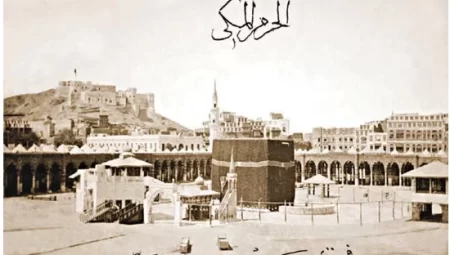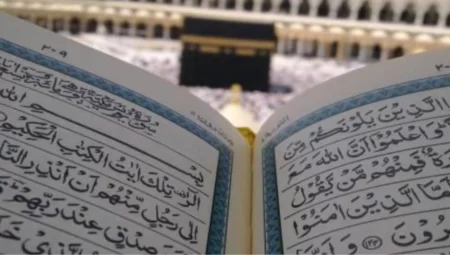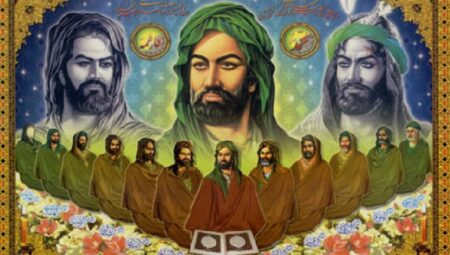Ramadan is the ninth month of the Islamic lunar calendar, and it is a time when Muslims around the world fast from dawn to dusk. Fasting is one of the five pillars of Islam, the basic acts of worship that every Muslim should perform. But what does fasting entail, and why do Muslims fast during Ramadan? Here are some answers to these questions.
What is fasting in Islam?
Fasting in Islam, also known as sawm or siyam, means abstaining from food, drink, smoking, sexual activity, and anything that substitutes food and drink during the daylight hours. Fasting is not only a physical discipline, but also a spiritual one. It is meant to help Muslims develop God-consciousness, self-control, gratitude, compassion, and empathy. Fasting also reminds Muslims of the suffering of the poor and needy, and encourages them to be more charitable and generous.
Fasting is not unique to Islam; it has been practiced by many religions throughout history as a form of purification, penitence, or devotion. For example, Jews fast on Yom Kippur, the Day of Atonement; Christians fast during Lent, the 40 days before Easter; and Hindus fast on various occasions throughout the year.
Who has to fast during Ramadan?
Every adult Muslim who is sane and healthy has to fast during Ramadan, unless they have a valid excuse. Some of the exceptions are:
- Children: They are not required to fast until they reach puberty, but they can start practicing fasting gradually if they wish.
- Pregnant and nursing women: They can postpone fasting until they are able to do so without harming themselves or their babies.
- Sick and elderly people: They can skip fasting if it poses a risk to their health or life. They can make up the missed days later or feed a poor person for each day they miss.
- Travelers: They can break their fast if they are traveling a long distance or under difficult conditions. They can make up the missed days later.
How do Muslims fast during Ramadan?
Muslims follow a lunar calendar that is based on the phases of the moon. Each month begins with the sighting of the new crescent moon. Ramadan is the ninth month of this calendar, and it can vary in length from 29 to 30 days depending on the moon sighting.
Muslims fast from dawn until dusk during Ramadan. Dawn is defined as the time when the white thread of light appears on the horizon, distinct from the black thread of night. Dusk is defined as the time when the sun sets below the horizon, and the night begins.
Muslims start their day with a pre-dawn meal called suhoor or sehri, which gives them energy and hydration for the day ahead. They end their day with a post-sunset meal called iftar or fatoor, which breaks their fast and replenishes their body. They usually begin their iftar with dates and water, following the tradition of Prophet Muhammad (peace be upon him). They also perform extra prayers at night called taraweeh or qiyam al-layl, which are optional but highly recommended.
What are the benefits of fasting during Ramadan?
Fasting during Ramadan has many benefits for Muslims, both physically and spiritually. Some of the benefits are:
- Fasting improves health: Fasting can help lower blood pressure, cholesterol, blood sugar, and body weight. It can also detoxify the body from harmful substances and boost immunity.
- Fasting enhances spirituality: Fasting helps Muslims focus on their relationship with God and increase their faith, worship, and prayer. It also helps them avoid distractions and temptations that may lead them astray from God’s path.
- Fasting fosters community: Fasting brings Muslims together as they share their meals, prayers, and experiences with each other. It also strengthens their bonds with their families, friends, neighbors, and fellow Muslims around the world.
- Fasting cultivates compassion: Fasting makes Muslims more aware of the plight of those who are less fortunate than them and inspires them to be more charitable and helpful to others.
Fasting during Ramadan is a rewarding and enriching experience for Muslims who observe it sincerely and sincerely. It is a time to purify their souls, renew their intentions, and seek God’s forgiveness and mercy.





